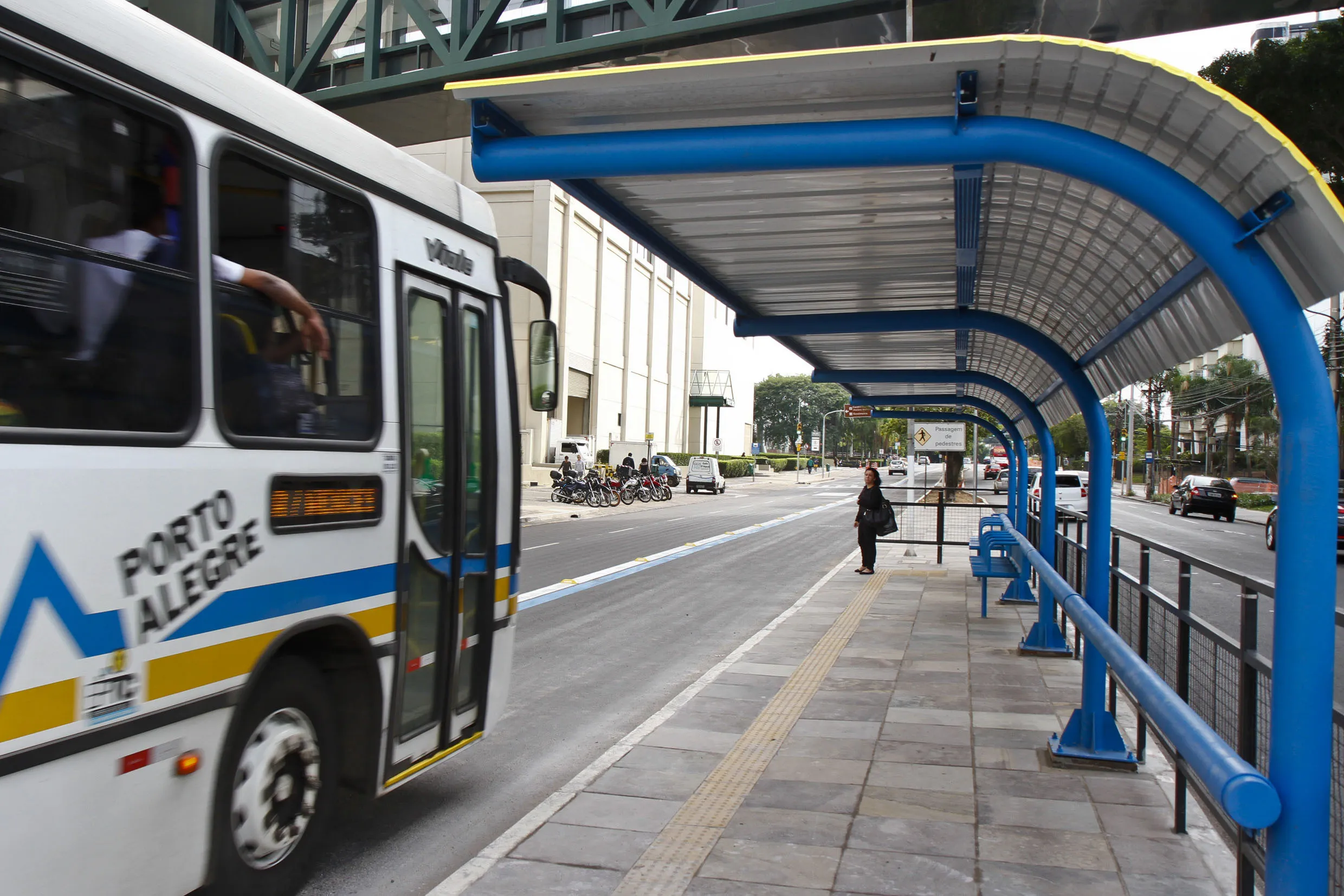Brazil's President Dilma Rousseff and her planning and finance ministers have announced US$64 billion expenditure in new infrastructure plans under the country's logistics investment program PIL.
The largest investment has been earmarked for railways, including the country’s flagship project, the Brazil-Peru railway, which will connect the Atlantic and Pacific oceans, the Norte-Sul line and investment in existing concessions.
Highways, ports and airports also feature in the plans, including a total of five highway concessions totalling 2,603 kilometres in 2015 and a further 11 new concessions totalling 4,867 kilometres in 2016.
Investment in ports will involve new projects for 57 private use terminals, according to the announcement, along with international airport concessions in Porto Alegre (Rio Grande do Sul state), Salvador (Bahia), Florianópolis (Santa Catarina) and Fortaleza (Ceará).
Projects are also planned for the regional airports of Araras, Bragança Paulista, Itanhaém, Ubatuba, Campinas/Amarais in the state of São Paulo and Caldas Novas in the state of Goiás.
Brazil's transport ministry is also putting out to tender 15 federal highway concessions worth a total of some US$16.3 billion. Tenders for this year's four phase 1 projects are practically ready to be launched and expressions of interest for feasibility studies for the 11 phase 2 projects were called on Wednesday. Responses are due by 10 July, according to a ministry procurement notice.
Brazil unveils major transportation, logistics concessions program
Brazil's President Dilma Rousseff and her planning and finance ministers have announced US$64 billion expenditure in new infrastructure plans under the country's logistics investment program PIL. The largest investment has been earmarked for railways, including the country’s flagship project, the Brazil-Peru railway, which will connect the Atlantic and Pacific oceans, the Norte-Sul line and investment in existing concessions.
June 12, 2015
Read time: 2 mins








